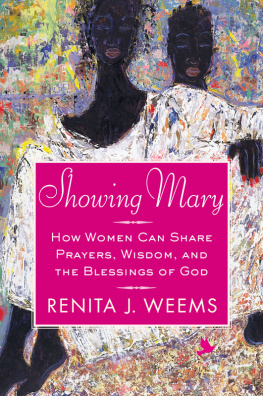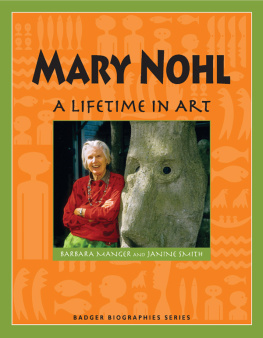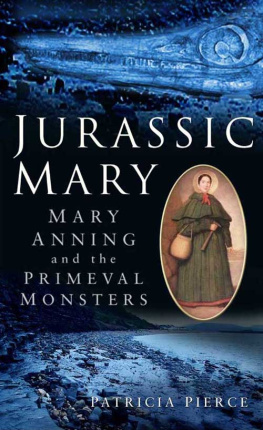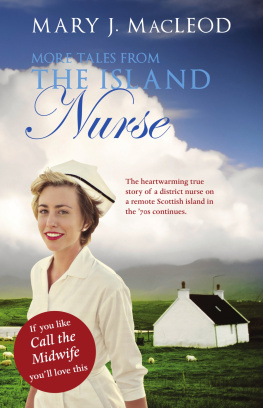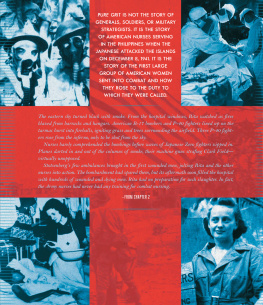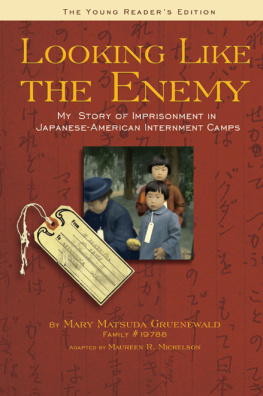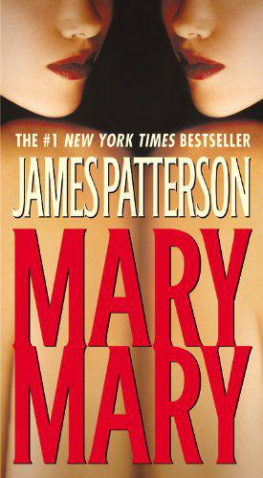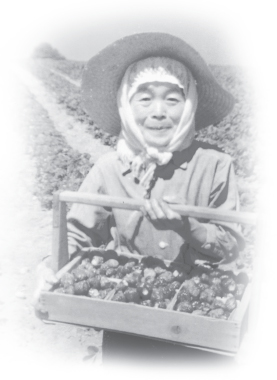Mary Matsuda Gruenewald - Becoming Mama-San: 80 Years of Wisdom
Here you can read online Mary Matsuda Gruenewald - Becoming Mama-San: 80 Years of Wisdom full text of the book (entire story) in english for free. Download pdf and epub, get meaning, cover and reviews about this ebook. year: 2012, publisher: NewSage Press, genre: Home and family. Description of the work, (preface) as well as reviews are available. Best literature library LitArk.com created for fans of good reading and offers a wide selection of genres:
Romance novel
Science fiction
Adventure
Detective
Science
History
Home and family
Prose
Art
Politics
Computer
Non-fiction
Religion
Business
Children
Humor
Choose a favorite category and find really read worthwhile books. Enjoy immersion in the world of imagination, feel the emotions of the characters or learn something new for yourself, make an fascinating discovery.

- Book:Becoming Mama-San: 80 Years of Wisdom
- Author:
- Publisher:NewSage Press
- Genre:
- Year:2012
- Rating:5 / 5
- Favourites:Add to favourites
- Your mark:
Becoming Mama-San: 80 Years of Wisdom: summary, description and annotation
We offer to read an annotation, description, summary or preface (depends on what the author of the book "Becoming Mama-San: 80 Years of Wisdom" wrote himself). If you haven't found the necessary information about the book — write in the comments, we will try to find it.
In this book, 86-year-old author Mary Matsuda Gruenewald has distilled her lifetime of wisdom into ten stories, each one conveying an essential life lesson. Each chapter is a story from the authors life and how she learned the specific life lesson connected to each story.
Mary lived through the Great Depression as a young child, imprisonment in a Japanese-American internment camp as a young adult, the cultural taboos of an interracial marriage, reverse racism, and divorce. In her later years, she learned the importance of forgiveness and reconciliation on a personal level as well as within the Japanese-American community. At 80, Mary recognized there was a part of herself she had never accepted and embraced. A trip to Japan after the publication of her first book helped Mary make peace with her Japanese roots and her ancestors. As a nurse, Mary cared for many patients who faced death. In time, she overcame her own fears about death and dying, which has resulted in her living life more fully. In her mid-80s, Mary completed preparations for her own death, realizing this is part of living a good life. Finally, Mary writes about the importance of leaving a legacy for future generations, and the special way she will leave her legacy.
The simple yet profound wisdom in these stories will appeal to all generations seeking insight and direction from elders. The following is a brief description of each chapter.
Annotated Contents
Prologue: Mama-san
I reflect upon my life and the memory of my mother, and what it is like to find myself in the role that she once held for me. Now, I am Mama-san.
Chapter 1: The Privilege of a Simple Life
Growing up in the 1920s and 1930s on Vashon Island, Washington, I lived in a rural, isolated community. This chapter describes the richness associated with a simple existence, close to naturea lifestyle vastly different from what most Americans experience in the 21st century.
Chapter 2: How Much Is Enough?
My parents, hard-working Japanese immigrants, taught me the value of living well within ones means. In this chapter, I discuss arriving at a place of satisfaction by learning not to overindulge.
Chapter 3: The Doorway of Boredom
At a young age, I learn that boredom can be a powerful motivator. This chapter explores how boredom can actually provide an important opportunity for people to discover who they are and what they want to become.
Chapter 4: Do What Needs To Be Done
My mother passed on a suggestion that forever shapes my thinking. I describe how this idea, Do what needs to be done, without being asked or told, leads me to a creative, satisfying way of looking at life, and results in the most important achievements of my professional career.
Chapter 5: The Pathway to Forgiveness
My marriage to a white man breaks a huge taboo within the Japanese-American community and creates a rift between me and my family. But the seeds of trust, planted long before, provide a pathway to forgiveness and a model for how conflicts can be resolved.
Chapter 6: Reconciling Differences
During the Japanese-American internment of World War II, a huge conflict develops within our community between the Yes-Yes people, who are loyal to the United States, and the No-No people, who are deemed disloyal. For some people, the split between these two groups continues to this daymore than 60 years later. I was a Yes-Yes person, and I allowed my choice to remain unexamined for more than 50 years. In this chapter, I experience an epiphany in which I come to understand the falseness of this divide and bring healing to myself and many others...
Mary Matsuda Gruenewald: author's other books
Who wrote Becoming Mama-San: 80 Years of Wisdom? Find out the surname, the name of the author of the book and a list of all author's works by series.

